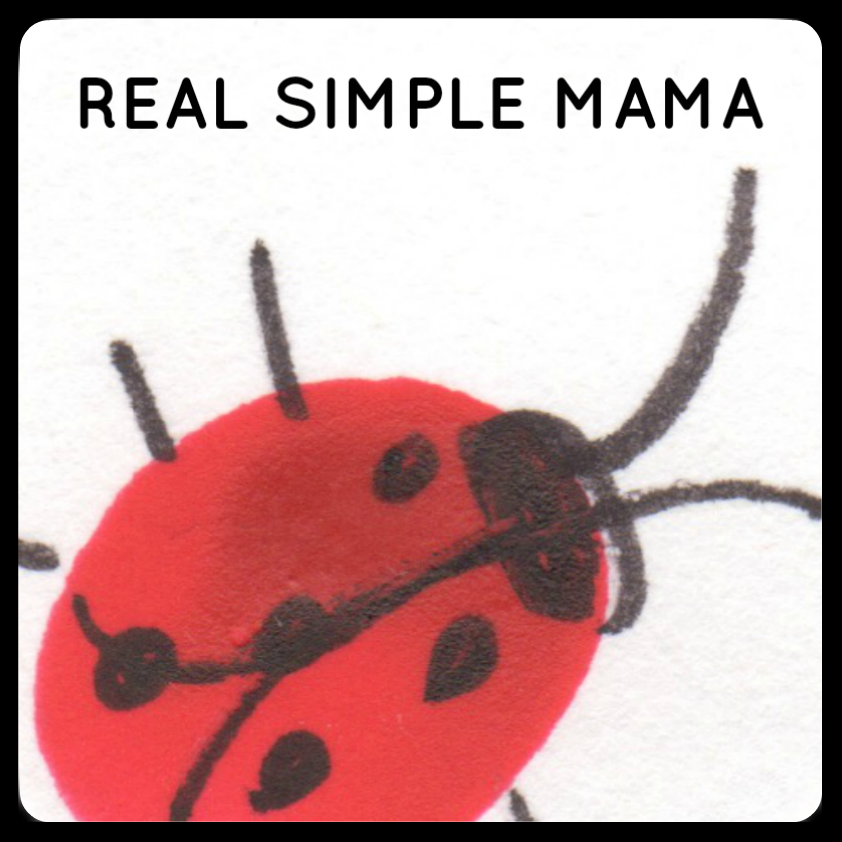Every kid goes through some sort of crazy developmental phase around two to three years old. It’s hellish for everyone involved: parents, caregivers, siblings, and the toddler themselves. We’ve all heard of it and we all dread it, the terrible twos. I’m going through this now with my second child and I have lots of suggestions for you. So buckle up (and maybe pour yourself a strong drink), and let’s talk. Continue reading
Tag: vocabulary
Backyard chickens are a hilarious, endearing addition to your family. We love our girls, but we’re still learning lots about them! And when doing our research, we came upon lots of words we didn’t know. So here’s a quick reference guide of some common terms with backyard chickens. Read through this so you are in the know! Continue reading
It’s time to start reading more “big kid books” to my four year old. These stories have more depth, more advanced vocabulary, and require a longer attention span. I think he’s ready, and I’m excited to share so many great titles with him! But I want to check for his comprehension as we go. Here I’ll share the meaning and benefit of listening comprehension, some of the titles we’re reading together, as well as an outline for a listening comprehension lesson that you can do with your child (including a free printout!). Continue reading
Gratitude is a wonderful characteristic for a child to have. And sadly, many children these days don’t exhibit it well. But like most other emotions, gratitude must be taught. Here’s a quick list of suggestions for helping your child learn thankfulness this holiday season. Continue reading
I want my children to grow up with a healthy emotional intelligence. Simply put, I want them to have a healthy range of emotions, know the vernacular so that they can express those feelings, and deal with unpleasant feelings in a safe way. That emotional education begins when they are still quite young and must happen regularly. Let me give you some insight into what’s working beautifully for our family! Continue reading
Attachment parenting doesn’t stop when your kid learns to walk. The concept of AP grows as your child does, and you adapt it over time. My oldest is now two and a half, and I’ve put pen to paper in an attempt to show you what AP looks like from a toddler mom’s perspective.













